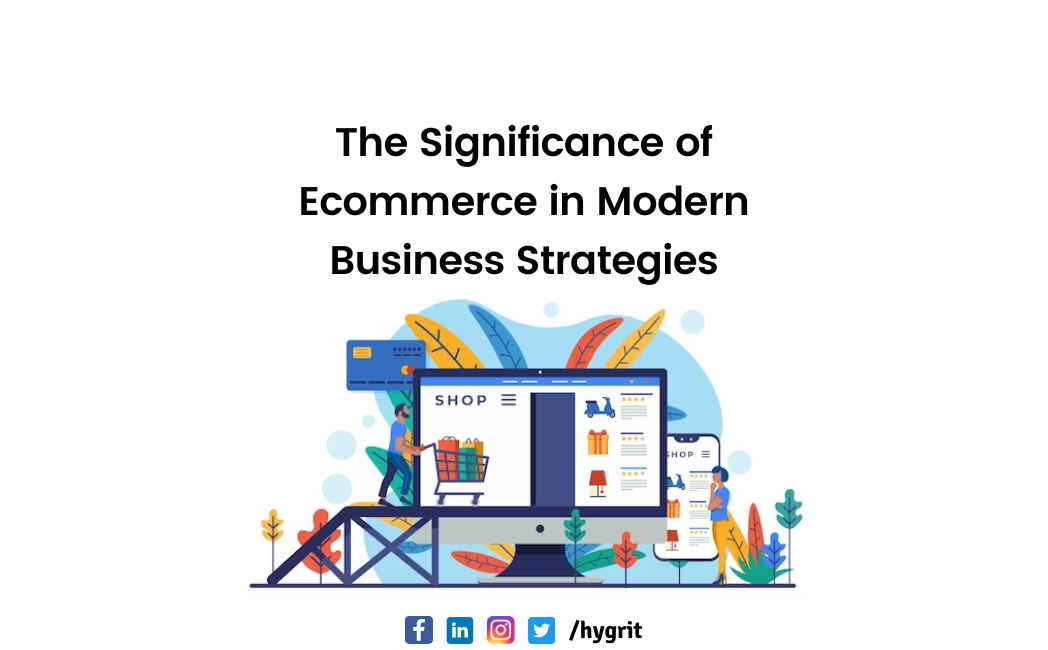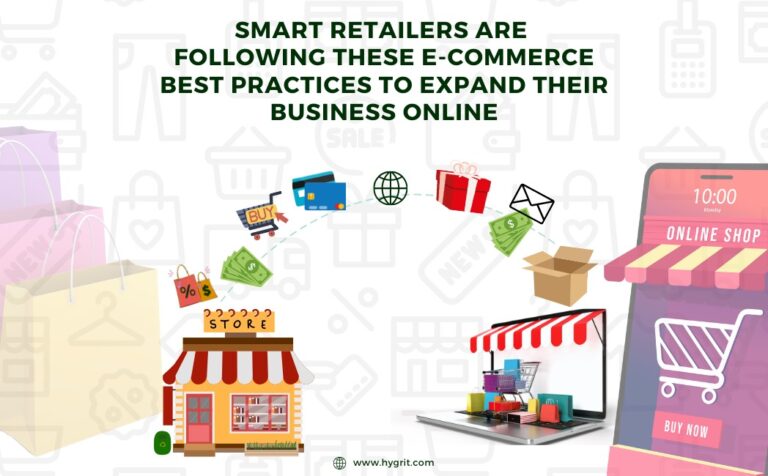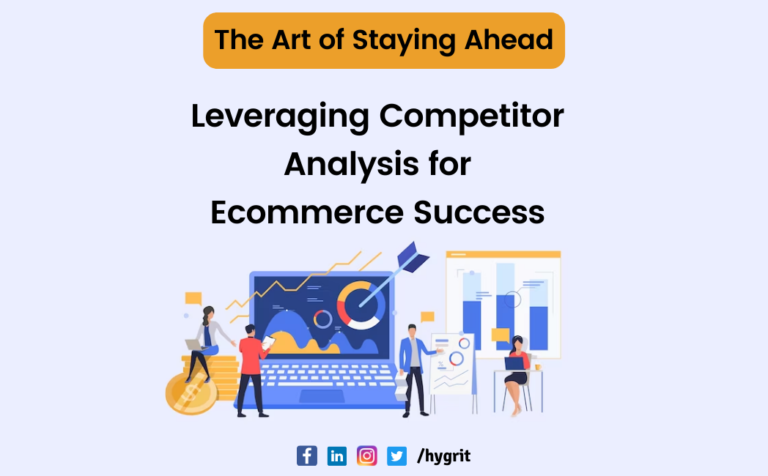The advent of technology and the internet has brought about a paradigm shift in the business landscape. Ecommerce, in particular, has emerged as a game-changer, revolutionizing the way companies operate and interact with customers. In this article, we will explore the role of ecommerce in shaping modern businesses and how it has become an essential component of success in today’s market.
Global Reach and Market Expansion:
- Ecommerce has broken geographical barriers, enabling businesses to reach customers worldwide.
- It offers an opportunity for small and medium-sized enterprises to compete on a global scale.
- Online marketplaces provide a platform for businesses to showcase their products to a diverse customer base.
Enhanced Customer Experience:
- Ecommerce provides a convenient and personalized shopping experience for customers.
- Customers can browse and purchase products anytime, anywhere, from the comfort of their homes.
- Personalization features allow businesses to tailor recommendations and offers based on customer preferences.
Increased Sales and Revenue:
- Ecommerce opens new avenues for businesses to generate sales and revenue.
- Online advertising and digital marketing strategies help attract and engage a larger audience.
- The ability to analyze customer data allows businesses to optimize marketing campaigns and improve conversion rates.
Cost Efficiency and Operational Flexibility:
- Ecommerce reduces the need for physical stores, leading to cost savings in rent, utilities, and staffing.
- Businesses can operate 24/7 without the constraints of traditional business hours.
- Inventory management systems and automated processes streamline operations and minimize errors.
Integration with Digital Technologies:
- Ecommerce seamlessly integrates with emerging technologies such as artificial intelligence and virtual reality.
- AI-powered chatbots provide personalized customer support and assist in product recommendations.
- Virtual reality experiences enable customers to visualize products before making a purchase.
Conclusion:
Ecommerce has transformed the business landscape, offering unprecedented opportunities for growth and success. It has become an indispensable tool for modern businesses, driving sales, enhancing customer experience, and expanding market reach. Embracing ecommerce is crucial for businesses to stay competitive in the digital age.
Looking to take your business to new heights? Harness the power of ecommerce with Hygrit, your trusted partner in digital transformation. Contact us today to unlock the full potential of your business in the online marketplace.
FAQs
Modern business refers to the contemporary practices, approaches, and strategies employed by companies in response to the evolving economic, technological, and social landscape. It reflects the current trends and advancements in various aspects of business operations, including management, marketing, technology, and customer engagement.
Integration refers to the process of combining or merging different elements, systems, or components together to create a unified and cohesive whole. It involves bringing together separate entities or functionalities to work together seamlessly, often aiming to improve efficiency, functionality, and effectiveness.
Customer Experience (CX) refers to the overall perception and impression a customer has of a brand or business based on their interactions and experiences throughout the customer journey.
Customer Experience goes beyond just the product or service itself and includes factors such as customer service, user interface, website usability, packaging, delivery, and after-sales support.




